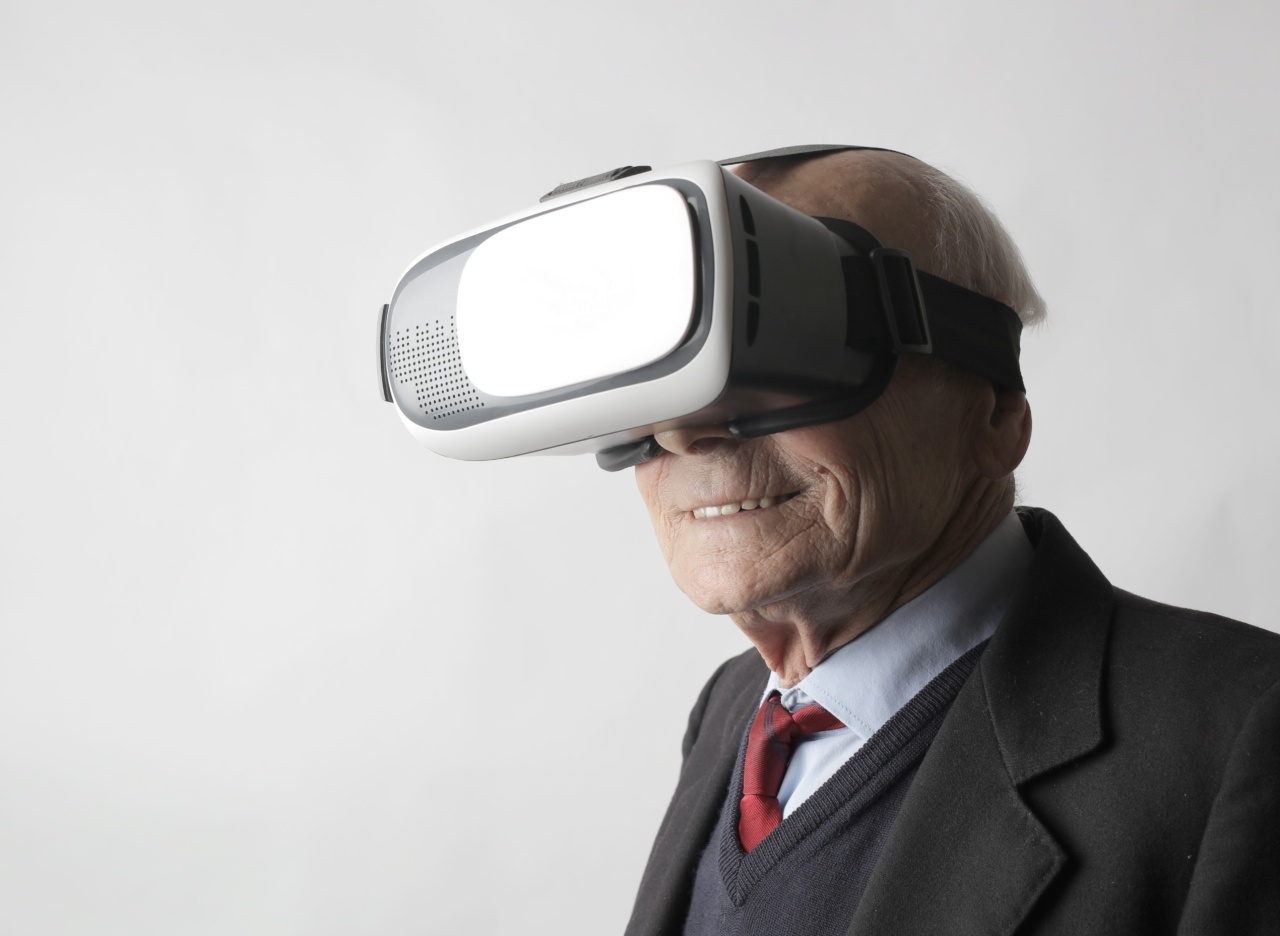Alzheimer’s disease is a progressive neurodegenerative disorder that primarily affects the elderly population. It is characterized by memory loss, cognitive decline, and behavioral changes.
Early detection and diagnosis of Alzheimer’s disease are crucial for appropriate management and treatment. While traditional methods of diagnosis rely on clinical assessments and cognitive tests, researchers are exploring the use of virtual reality (VR) technology as a potential tool for early diagnosis.
Understanding Alzheimer’s Disease
Alzheimer’s disease is the most common cause of dementia, accounting for approximately 60-80% of all cases.
It is characterized by the accumulation of beta-amyloid plaques and neurofibrillary tangles in the brain, resulting in the loss of neurons and impaired neurotransmission. The symptoms of Alzheimer’s disease typically start with subtle memory loss and progress to severe cognitive impairment and functional dependence.
The Challenges of Alzheimer’s Diagnosis
Detecting Alzheimer’s disease in its early stages is challenging as its symptoms can be mistaken for normal age-related memory decline.
Currently, diagnosis primarily relies on detailed patient history, cognitive tests, and brain imaging techniques such as magnetic resonance imaging (MRI) and positron emission tomography (PET) scans. However, these methods are expensive, time-consuming, and may not be accessible to everyone.
Virtual Reality: A Promising Diagnostic Tool
Virtual reality (VR) technology holds immense potential as a diagnostic tool for Alzheimer’s disease.
VR creates computer-generated environments that mimic real-world situations, allowing individuals to interact with these environments using specialized headsets and controllers. By replicating various scenarios and tasks, VR can assess cognitive function in a controlled and objective manner.
VR-Based Memory Assessments
A key aspect of Alzheimer’s disease is memory loss. VR can help assess memory function by simulating common memory tasks.
For example, a VR environment can recreate a virtual grocery store where the individual is asked to remember a list of items they need to buy. By assessing their recall and recognition abilities within the VR environment, clinicians can identify potential memory impairments.
Navigational Skills Assessment
Alzheimer’s disease can also impact an individual’s navigational skills and spatial awareness. VR can recreate virtual mazes or unfamiliar environments to evaluate navigational abilities.
By monitoring the individual’s movements and decision-making within the VR environment, clinicians can identify early signs of spatial disorientation and impairment.
Empathy and Emotional Recognition
Alzheimer’s disease can affect an individual’s ability to recognize and understand emotions, leading to social difficulties.
VR-based assessments can present individuals with virtual characters displaying various emotions and gestures to assess their empathic and emotional recognition abilities. Such assessments provide valuable insights into the patient’s emotional state and interpersonal interactions.
Benefits of VR-Based Alzheimer’s Diagnosis
Virtual reality-based Alzheimer’s diagnosis offers several advantages over traditional methods:.
- Early detection: VR-based assessments can identify subtle cognitive impairments in the early stages, enabling timely interventions and treatment.
- Objective measurements: VR provides an objective and standardized approach to assess cognitive function, minimizing subjective interpretations.
- Real-world simulations: By replicating real-world scenarios, VR assessments closely mirror daily life activities, making them more ecologically valid.
- Cost-effective and accessible: VR technology is becoming increasingly affordable and accessible, allowing for wider implementation.
- User-friendly interface: VR systems can be designed with intuitive interfaces, making them suitable for elderly individuals who may not be technologically savvy.
Current Limitations and Future Directions
While VR shows promise in Alzheimer’s diagnosis, there are still some limitations that need to be addressed:.
- Hardware requirements: VR headsets and accessories may require significant investment, limiting their widespread availability.
- Standardization: Establishing standardized VR protocols and assessments for Alzheimer’s diagnosis is essential for consistent and reliable results.
- Validation and clinical trials: Large-scale clinical trials are needed to validate the efficacy and accuracy of VR-based Alzheimer’s diagnosis.
- Ethical considerations: Ensuring patient privacy, informed consent, and ethical use of VR technology in healthcare settings is crucial.
Despite these challenges, the continued development and implementation of VR technology in Alzheimer’s diagnosis hold enormous potential.
VR has the ability to revolutionize the early detection and management of Alzheimer’s disease, ultimately improving the quality of life for affected individuals and their caregivers.

























